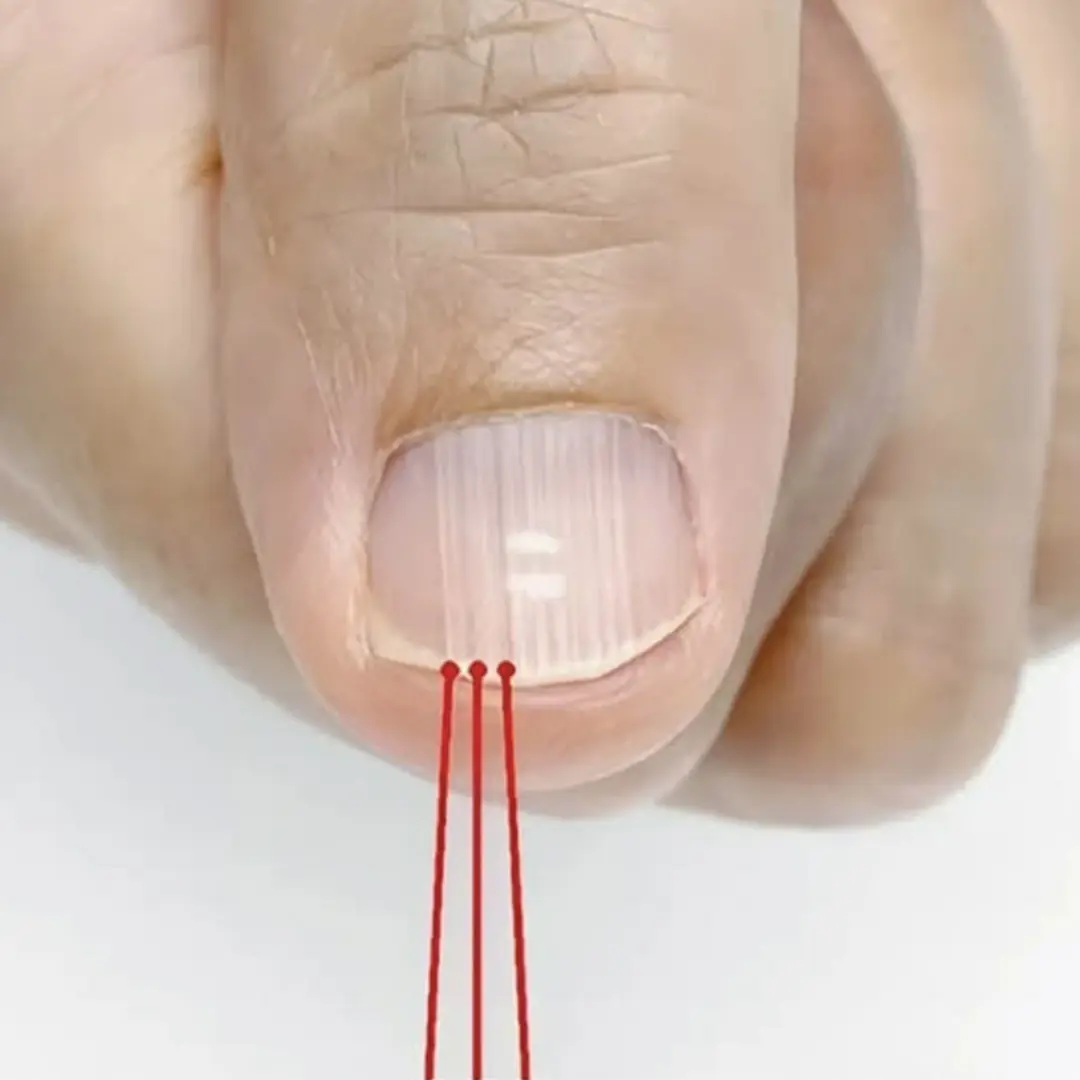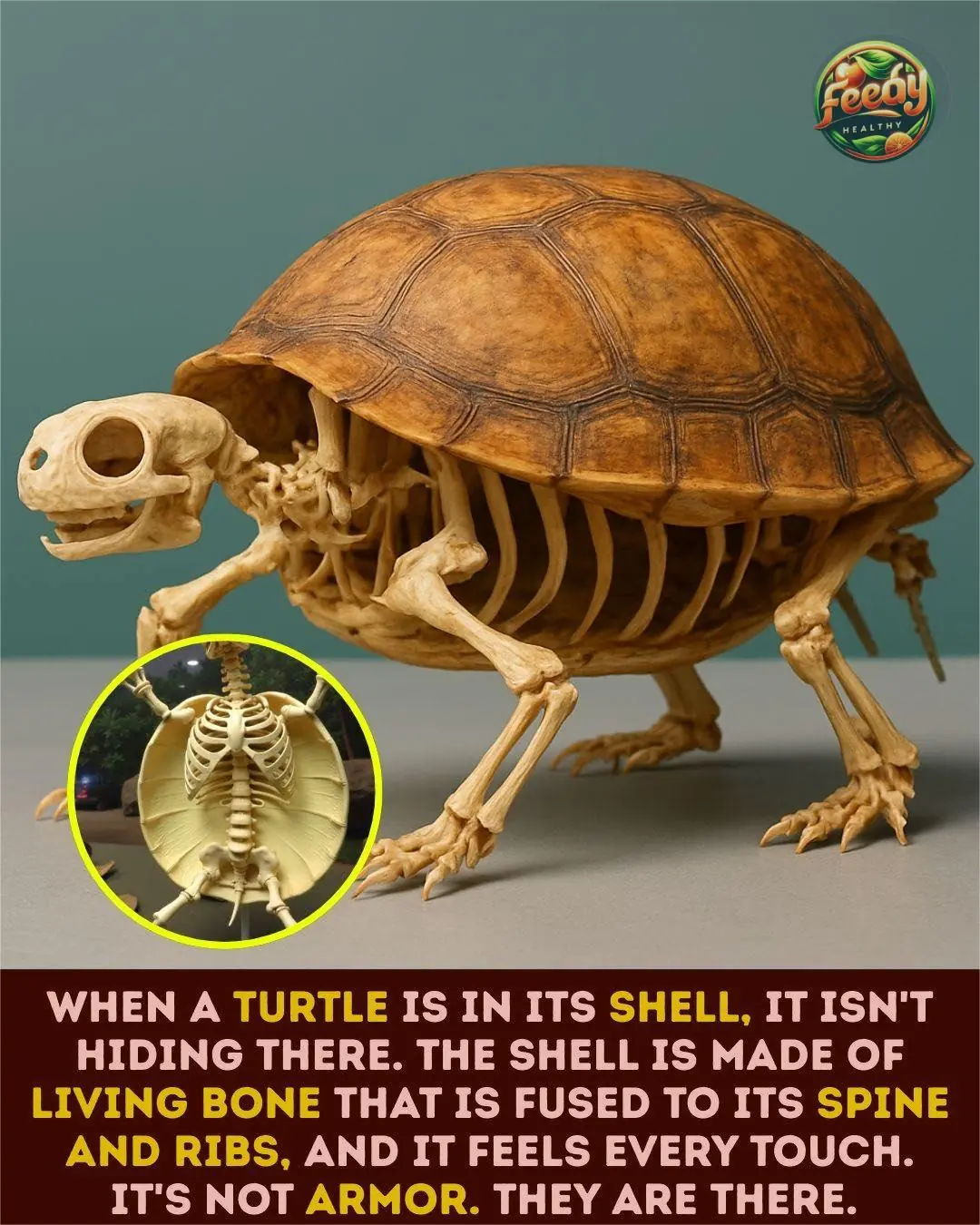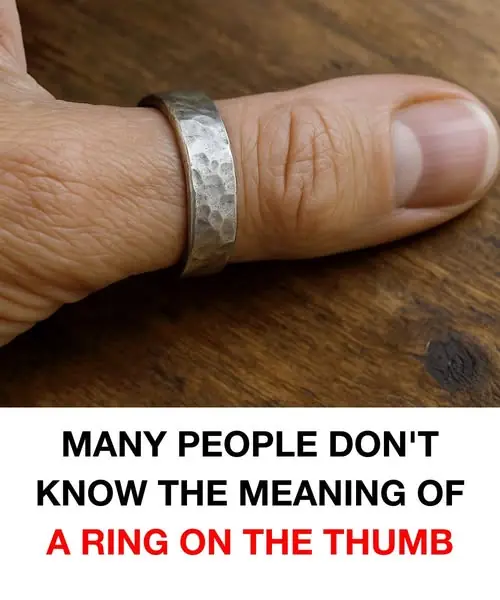
Female Dogs May Judge Human Competence, Kyoto Study Reveals

When you struggle to twist open a stubborn jar, you might feel the familiar weight of your dog’s eyes on you. But according to new research from Kyoto University, those eyes—especially if they belong to a female dog—may be doing more than watching. They may be judging.
The Study Behind the Side-Eye
In 2022, a team of researchers led by Hitomi Chijiiwa at Kyoto University published a paper in the peer-reviewed journal Behavioural Processes. The study explored whether dogs can evaluate the competence of humans by observing how they interact with objects.
The experiment was simple but telling: dogs were allowed to watch as two people tried to open a container. One person consistently succeeded in removing the lid, while the other consistently failed. After observing this scenario, the dogs were released to interact with the humans.
The results were striking. Eighty-three percent of the female dogs chose to approach the person who had successfully opened the container. Male dogs, however, showed no significant preference.
What the Findings Mean
The takeaway is not that female dogs dislike men or that male dogs are indifferent. Rather, the results suggest that female dogs may be more attuned to evaluating human competence—at least when rewards are involved.
When the container held food, female dogs clearly gravitated toward the “competent” human. But when the container was empty, the effect disappeared. In other words, their judgment wasn’t arbitrary; it was situational. They were calculating who was most capable of accessing valuable resources.
This aligns with other research showing that dogs are sensitive observers of human behavior. They don’t just respond to commands or cues; they actively assess us, weighing factors like generosity, fairness, and now—competence.
Why the Difference Between Males and Females?
One of the more intriguing aspects of the study is the gender split. Why did female dogs care more about human skill than males? The researchers did not offer a definitive answer, but several possibilities exist:
-
Evolutionary roles: In wild canid groups, female members often take on crucial roles in resource allocation and survival strategies.
-
Behavioral differences: Female dogs may be naturally more discerning in situations involving food or problem-solving.
-
Hormonal influences: Differences in hormones may subtly shape how males and females perceive and prioritize information.
Further research will be needed to confirm these ideas, but the results open new avenues for understanding not just canine cognition, but also how gender may play a role in animal intelligence.
More Than Just Pets
This study adds to a growing body of evidence that dogs are remarkably sophisticated social thinkers. Past studies have shown that dogs can detect fairness, read human emotions, and even sense when we’re paying attention or not.
Now, with this research, scientists argue that dogs—especially females—don’t just respond passively to humans but actively evaluate our competence in real time. That’s an extraordinary finding for a species we often think of as simple companions.
What It Means for Dog Owners
For the average dog parent, the takeaway is both amusing and humbling: your dog may be watching you more closely than you think. If your female pup runs to your partner after he opens the treat jar while you fumble, it may not be personal—it’s simply canine logic at work.
And while dogs are not likely keeping mental scorecards of every household task, studies like this remind us that the bond between humans and dogs is built on mutual observation, trust, and judgment.
A Glimpse Into Canine Minds
The Kyoto University study is one more step toward unraveling the mysteries of canine cognition. It demonstrates that dogs are not only capable of judging human behavior but may also use those judgments to guide their choices.
So the next time you catch your female dog giving you that side-eye, take it as motivation: she may not just be waiting for the treat—she may be waiting to see if you’re capable of delivering it.
News in the same category


😱 If You Have Small Dimples on Your Shoulders, This Reveals a Fascinating Truth About Your Body 👇

Clouds: The Heavyweights That Float Above Us

Life Tip: How to Tell the Difference Between a Real Mirror and a Two-Way Mirror in Fitting Rooms

Half Male, Half Female: The Rare Wonder of a Bilateral Gynandromorph Butterfly

If You Have These Two Palm Lines, You’ll Be Luckier Than Most

The Truth About Turtle Shells: Not Just a Home, But Their Body

Discover Why You Shouldn’t Sweep the House at Night

Wood: The Rarest Material in the Known Universe

Visual Challenge: Can You Spot the Hidden Word in This Man’s Face?

What It Means If You Have Two Dimples on Your Lower Back

Understanding the Relationship Between Breast Size and Hormonal Health

Are you sleeping on hidden toxins?

The Chess Meme That Perfectly Captures Unattainable Love

8 Clear Signs He Knows He Hurt You

Japan’s Vending Machines Equipped to Save Lives During Earthquakes

Most People Don’t Know What a Thumb Ring Means — Here’s the Hidden Meaning Behind the Gesture

15 Types Of Kisses and Their Meanings
News Post

Unlock the Power of Warm Lemon Water: 10 Surprising Benefits to Transform Your Daily Wellness

Nature’s Hidden Miracle: Four Leaves to Revolutionize Your Diabetes and Blood Pressure Control

Guava: The Tropical Superfruit That Will Steal Your Heart and Transform Your Health

Swollen Gums? Discover the Ancient Secret of Guava and Mint for a Healthier Smile

Discover the Cucumber Elixir That Brings Crystal-Clear Vision to Life!

Grow Thicker, Longer Hair in Just 4 Weeks: The Onion Oil Secret Unveiled

Three Active Tuberculosis Cases Reported in Maine

Tupperware’s Strange Demise: When Durability Becomes a Downfall

A Rooftop of Hope: Man Saves Stray Dogs During Manila Floods

A Whopper of a Wedding: Burger King Pays for Couple’s Big Day

Angelina Jolie Says The ‘Best Sex’ She’s Ever Had On Set Was With Denzel Washington

Can Vaseline Be Your Secret Weapon Against the Sun’s Fury?

Why Sleeping on the Left Side of the Bed Could Transform Your Life

Could Your Body Be Warning You of a Stroke? 8 Subtle Signs to Watch For and 9 Proven Ways to Protect Yourself

Unlock the Magic of Cloves: 11 Secrets Every Woman Needs to Know

Unveiled: The Surprising Toothpaste and Onion Hack for Effortless Hair Removal

Unlock the Hidden Power of Garlic for Vibrant Urinary Health

Japan’s Ice Cream Maker Issues National Apology for 9-Cent Price Hike
